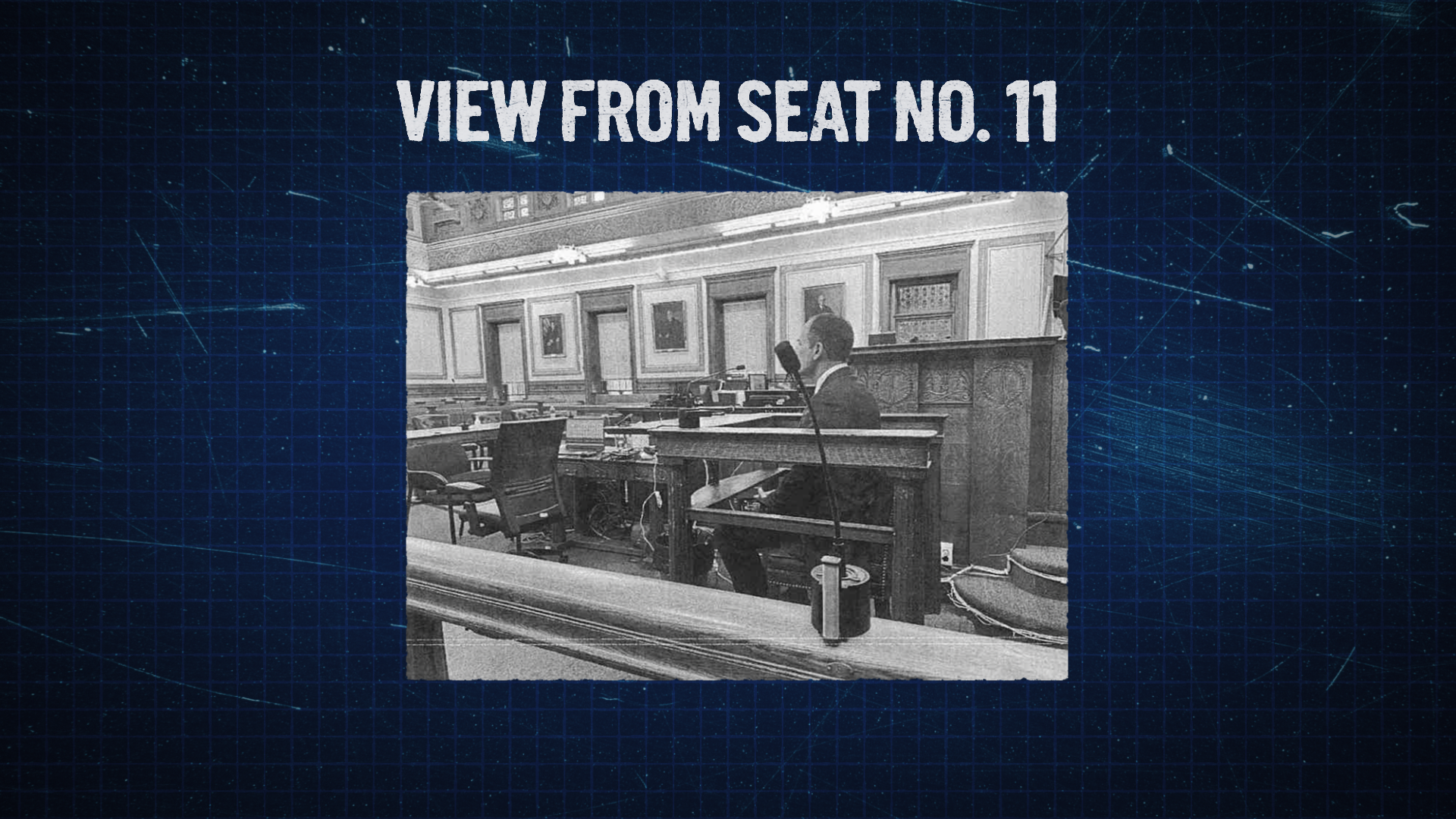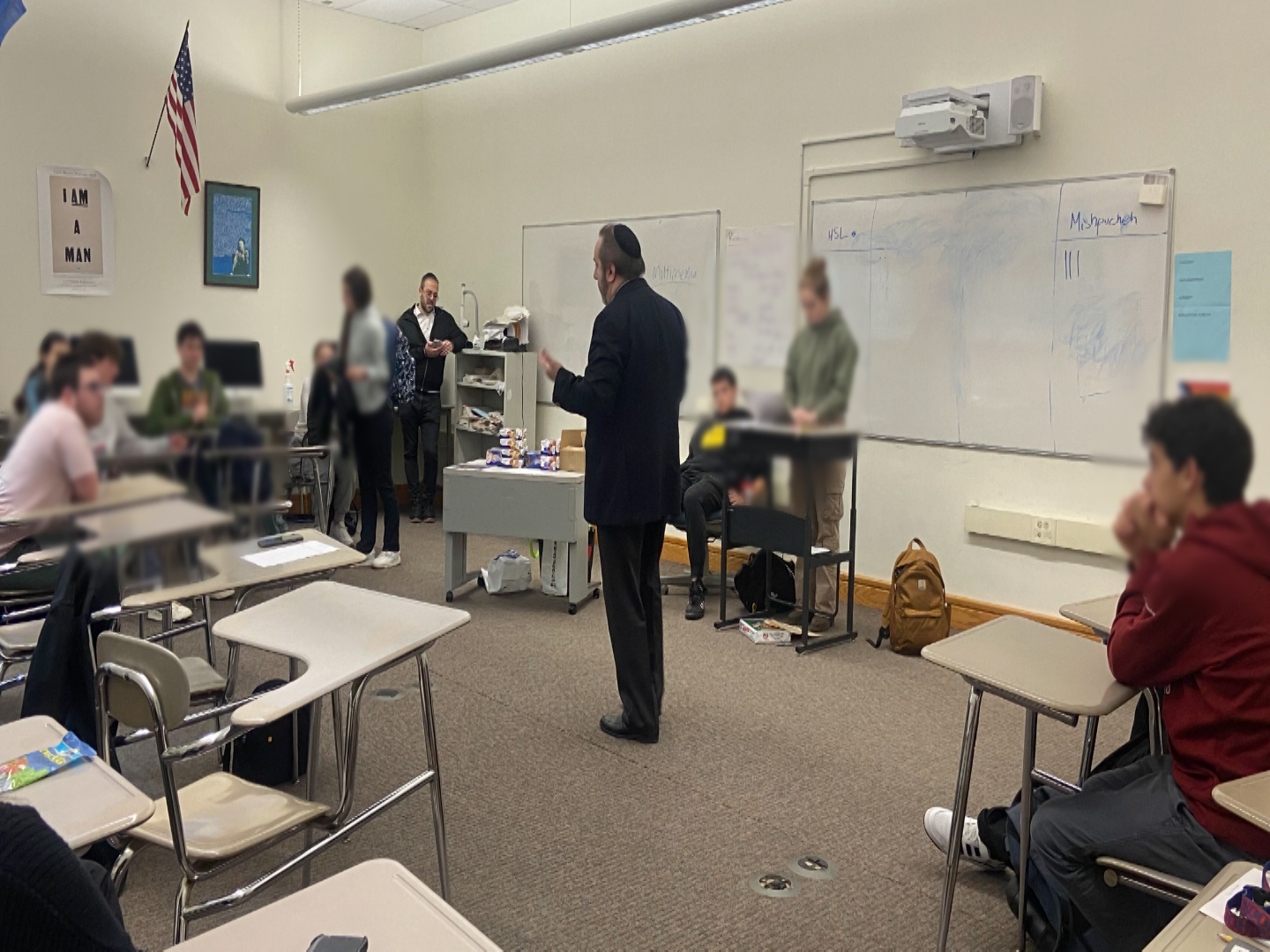The FBI is hoping to locate 240 more victims of a man convicted of using online threats to extort pornographic images from teenage girls.
In November, Lucas Michael Chansler was sentenced to 105 years in prison after he pleaded guilty to nine counts of producing child pornography.
Prosecutors say Chansler, formerly of St. Johns, Florida, communicated with hundreds of teen girls in 26 states, three Canadian provinces and the United Kingdom. Authorities have identified 109 victims but believe there are about 240 more.
On Tuesday, the FBI asked for the public's help in identifying additional victims. The agency released a list of screen names he used, including CaptainObvious, sk8er4life2021 and VictorHugo.
Chansler, now 31, would target girls through social networking sites and pretend to be an acquaintance, friend or admirer, according to the FBI. Once he gained their trust, he would persuade the girls to expose themselves or engage in sexually explicit conduct on video chats he secretly recorded. He then threatened to put the images online or send them to the girls' parents unless they agreed to provide more graphic images.
In several of the videos, the victims are seen crying and pleading with Chansler. He had approximately 80,000 images and videos in his possession.
The FBI identified Chansler after the parents of one of the girls came forward. He was indicted in 2010.
Massachusetts
The latest news from around the state
Chansler told authorities he targeted girls who ranged in age from 13 to 18 because adults were "too smart" to fall for his scheme.
A spokeswoman for the FBI's Boston office said the victims were spread around the country, including four from Massachusetts and one from Connecticut.
"With the expansion of the Internet, online profiles, social media and the ability to anonymize somebody, sextortion has really escalated in the United States and around the world," said Peter Kowenhoven, an assistant special agent in charge in the FBI's Boston office. "Because the Internet is global and cuts across state lines, the victims can be found anywhere."
Because Chansler used many aliases online, many of the victims might not know he has been convicted and is in prison, Kowenhoven said. He said the FBI hopes to identify additional victims to raise awareness about the problem of sextortion.
"Maybe they can help others to get the word out there to report it when you're a victim," he said.
"They're very afraid. They don't want to ruin their reputation. They don't want to embarrass their family and friends. By getting this out, we can try to help the victims."
Chansler's lawyer, Alan Rosner, did not immediately return a call seeking comment.
Anyone with information that may help the FBI identify Chansler's victims is urged to send a confidential email to FBI.VICTIMASSISTANCE@ic.fbi.gov or call 1-800-225-5324. You can also complete the FBI's confidential questionnaire at FBI.gov/sextortion.



